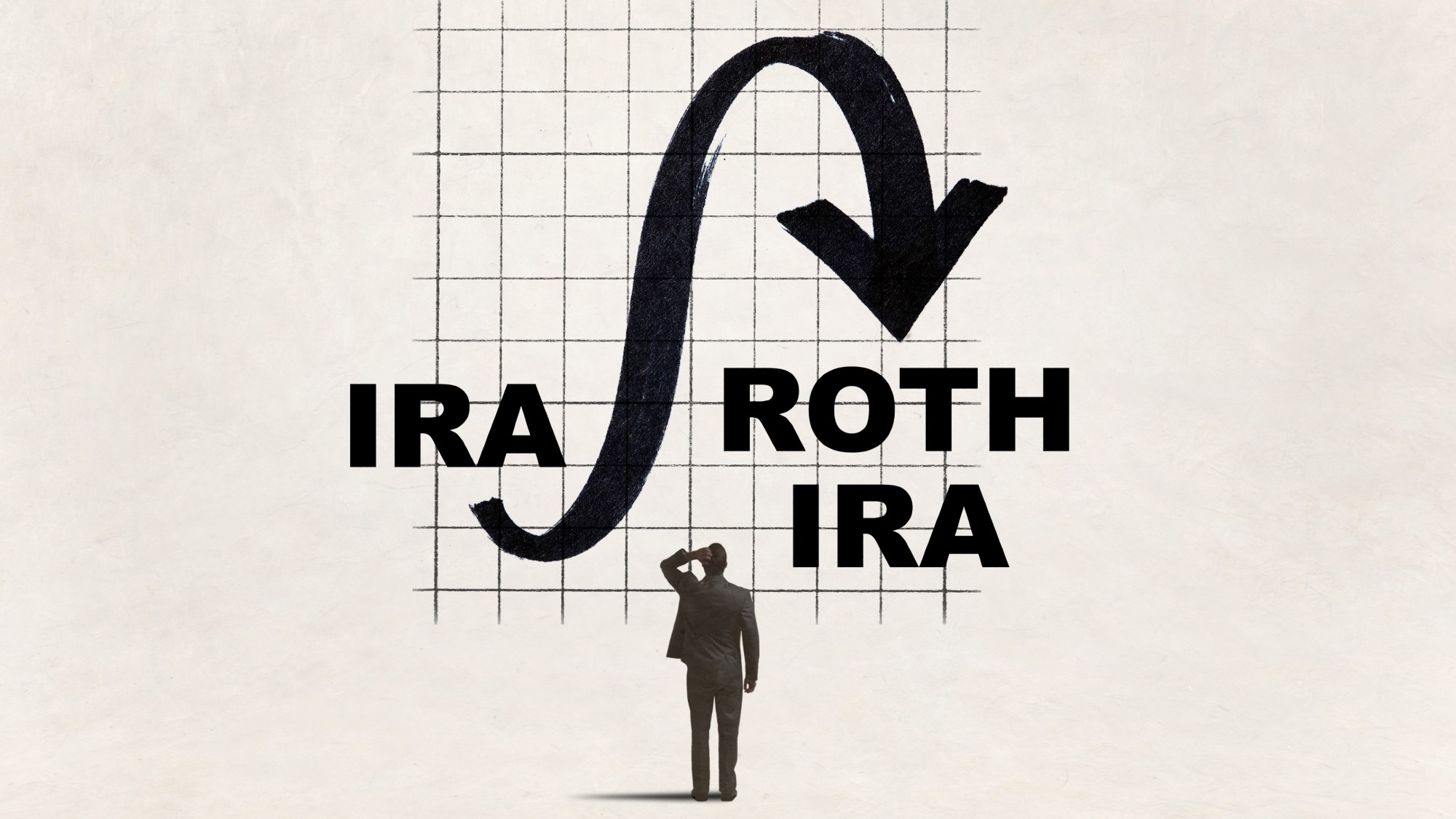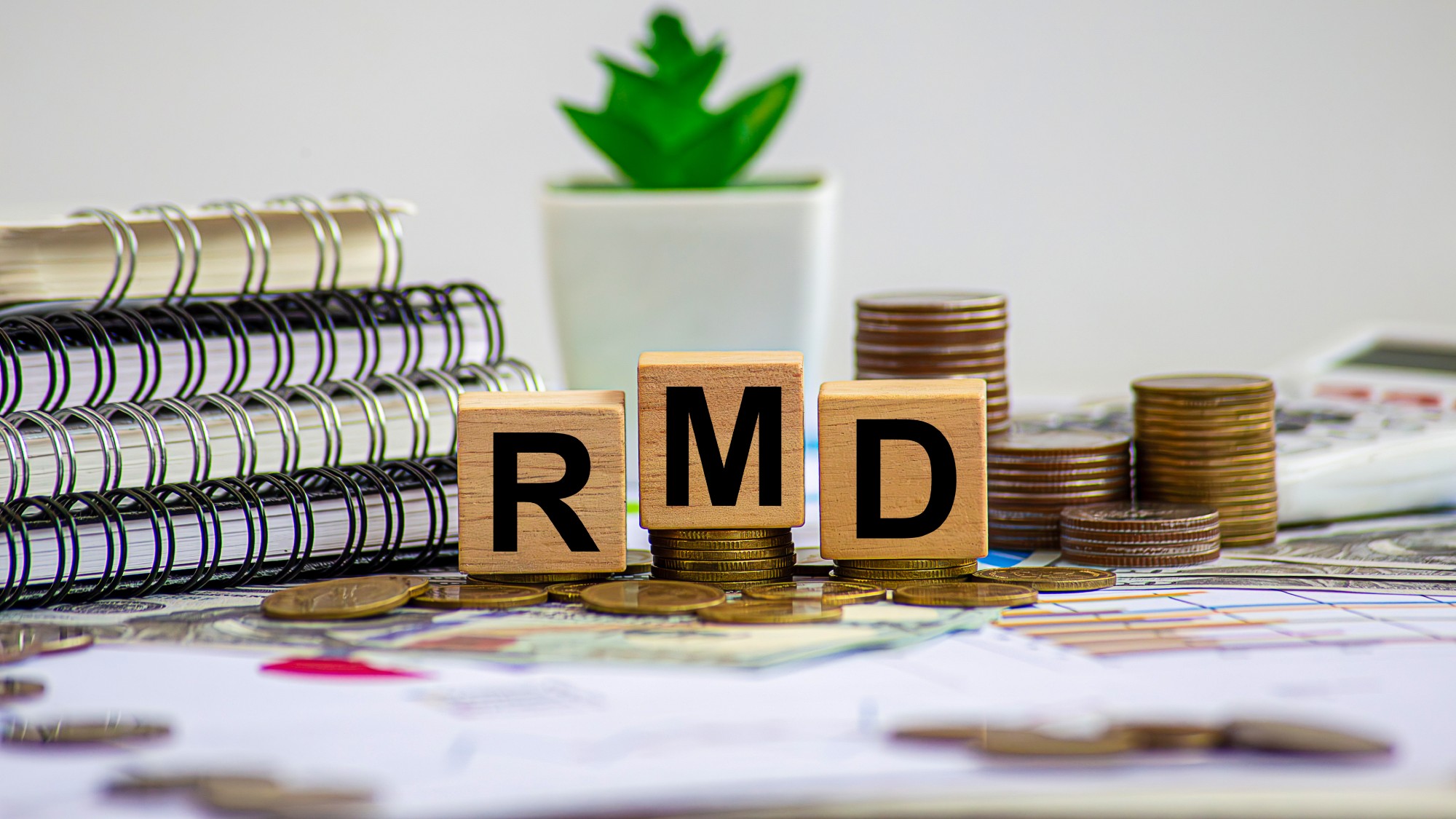Pensions: how much money do you need for retirement?
Retirement living costs are rising unless you want your golden years to be basic

A free daily email with the biggest news stories of the day – and the best features from TheWeek.com
You are now subscribed
Your newsletter sign-up was successful
Giving up work and retiring may sound exciting but it is getting more expensive for people to enjoy their golden years.
Those wanting a retirement above the basic standard will need a "higher income than ever before", said BBC News, based on the latest industry benchmarks from the Pensions and Lifetime Savings Association (PLSA).
The cost of a "moderate and comfortable" retirement has "jumped again", said MoneyWeek, meaning you may have to "save more for your desired standard of living".
The Week
Escape your echo chamber. Get the facts behind the news, plus analysis from multiple perspectives.

Sign up for The Week's Free Newsletters
From our morning news briefing to a weekly Good News Newsletter, get the best of The Week delivered directly to your inbox.
From our morning news briefing to a weekly Good News Newsletter, get the best of The Week delivered directly to your inbox.
How much money do you need to retire?
Ultimately, "saving as much as possible, as early as possible", said Which?, will put you in the "strongest financial position for life after work".
To help estimate how much you will need, the PLSA uses calculations by the Centre for Research in Social Policy at Loughborough University each year to describe the cost of three different retirement living standards: Minimum, Moderate, and Comfortable.
The PLSA assumes there are no mortgage or rental payments and looks at the typical cost of bills, entertainment, holidays and other luxuries to provide a guide to the costs of living in retirement, "not a fixed savings target".
The cost of a basic retirement
In some good news, the "cost of covering the basics has finally fallen", said LoveMoney.
A free daily email with the biggest news stories of the day – and the best features from TheWeek.com
The PLSA estimates that lower gas and electricity prices have reduced the cost of a minimum standard of living in retirement by £1,000 for a single person to £13,400 and by £800 to £21,600 for a couple.
This is based on a "no-frills" retirement, said MoneyWeek, including a week's holiday in the UK every year, eating out about once a month and some affordable leisure activities about twice a week.
How much does a moderate retirement cost?
The moderate retirement living standard provides "more financial security and flexibility" than the minimum, according to the PLSA. This includes a yearly holiday overseas, a long weekend break and a weekly takeaway as well as eating out twice a month.
But the annual cost has increased by £400 to £31,700 for an individual retiree and by £800 to £43,900 for couples.
How much does a comfortable retirement cost?
Those wanting to enjoy the "finer things" have seen the cost of a comfortable retirement rise from £43,100 per year for a single-person household to £43,900 and from £59,000 to £60,600 per year for a couple, said MoneyWeek.
A comfortable retirement budget allows for spending on extra luxuries such as regular beauty treatments, theatre trips and a two-week holiday in Europe each year.
How much should you save into your pension?
The general rule of thumb, explained LV, is that you'll need between half and two-thirds of the income you had when you were working (after tax) to maintain your lifestyle once you retire. The actual amount you need in retirement will depend on your living standards and ultimately where, when and what you want to spend your money on.
If you plan to go on luxurious holidays, said The Times Money Mentor, then you will need a "higher income than someone who plans to spend most of their time gardening and reading books".
The PLSA estimates that a single person who wants a comfortable retirement would require a pension pot size of £540,000 to £800,000 to get the desired income from an annuity.
Before you "throw your hands up in despair", said Helen Morrissey in Yahoo Finance, remember that these aren't "hard and fast" figures and the key thing is to consider "what retirement means for you".
You might discover that "what you need differs massively".
Marc Shoffman is an NCTJ-qualified award-winning freelance journalist, specialising in business, property and personal finance. He has a BA in multimedia journalism from Bournemouth University and a master’s in financial journalism from City University, London. His career began at FT Business trade publication Financial Adviser, during the 2008 banking crash. In 2013, he moved to MailOnline’s personal finance section This is Money, where he covered topics ranging from mortgages and pensions to investments and even a bit of Bitcoin. Since going freelance in 2016, his work has appeared in MoneyWeek, The Times, The Mail on Sunday and on the i news site.
-
 Why is the Trump administration talking about ‘Western civilization’?
Why is the Trump administration talking about ‘Western civilization’?Talking Points Rubio says Europe, US bonded by religion and ancestry
-
 Quentin Deranque: a student’s death energizes the French far right
Quentin Deranque: a student’s death energizes the French far rightIN THE SPOTLIGHT Reactions to the violent killing of an ultraconservative activist offer a glimpse at the culture wars roiling France ahead of next year’s elections
-
 Secured vs. unsecured loans: how do they differ and which is better?
Secured vs. unsecured loans: how do they differ and which is better?the explainer They are distinguished by the level of risk and the inclusion of collateral
-
 The pros and cons of tapping your 401(k) for a down payment
The pros and cons of tapping your 401(k) for a down paymentpros and cons Does it make good financial sense to raid your retirement for a home purchase?
-
 Six ways to boost your finances in 2026
Six ways to boost your finances in 2026The Explainer It’s not too late to make a new year’s resolution to finally get organised money-wise
-
 How to save more for retirement next year
How to save more for retirement next yearthe explainer Secure yourself a suitable nest egg
-
 What are the pros and cons of a Roth conversion for retirement?
What are the pros and cons of a Roth conversion for retirement?Pros and Cons By converting a traditional IRA to a Roth IRA, retirees can skip paying taxes on their withdrawals
-
 How can you tell if you are ready to retire?
How can you tell if you are ready to retire?the explainer All the preparation you need to sail off into your golden years
-
 What’s the best way to use your year-end bonus?
What’s the best way to use your year-end bonus?the explainer Pay down debt, add it to an emergency fund or put it toward retirement
-
 3 required minimum distribution tax mistakes to avoid
3 required minimum distribution tax mistakes to avoidThe Explainer Missteps in making withdrawals from tax-advantaged retirement accounts can cost you big
-
 The FIRE movement catches on as people want to retire early
The FIRE movement catches on as people want to retire earlyIn the spotlight Many are taking steps to leave the workforce sooner than usual